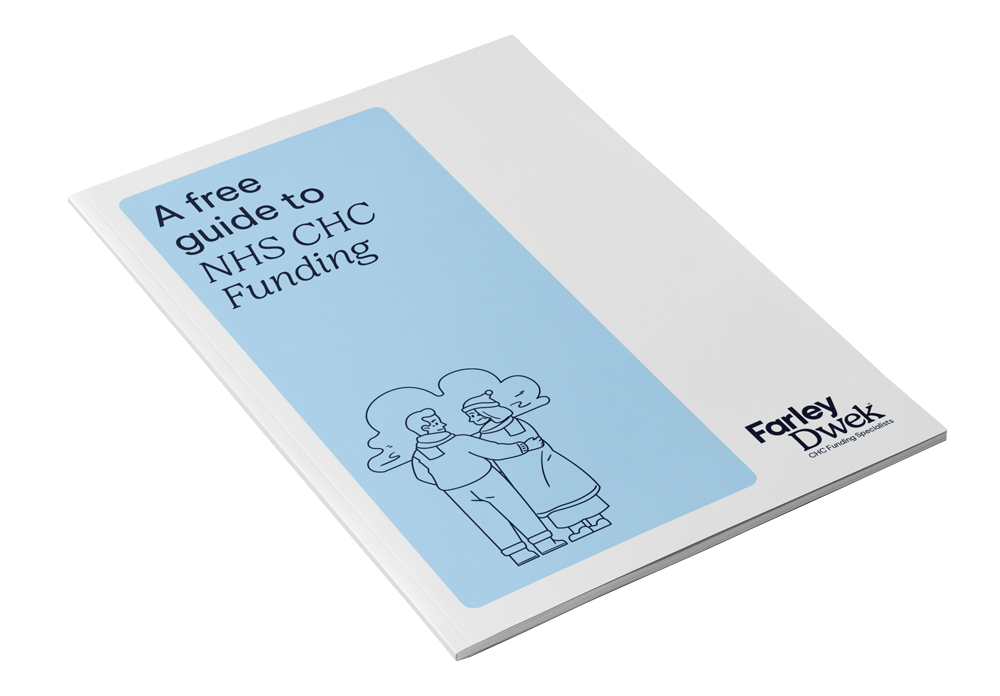Healthcare vs Social Care
What are Social Care needs?
There is no formal definition of Social Care, but it’s often described as dealing with the “activities of daily living” i.e needing help with day-to-day activities such as feeding, washing and dressing, mobility, toileting, etc. But, it also includes requiring help in terms of maintaining independence, social interaction, protection from vulnerable situations and help in managing complex relationships.
What are Healthcare needs?
There is more (although not absolute) clarity in terms of the definition of Healthcare needs.
Whilst not defined in law, the definition of Healthcare needs is set out in the National Framework for NHS Continuing Healthcare and NHS-funded Nursing Care (Revised July 2022).
A Healthcare need is one related to the “treatment, control, management or prevention of a disease, illness, injury or disability, and the care or aftercare of a person with these needs (whether or not the tasks involved have to be carried out by a health professional).”
CHC national framework
The National Framework sets out a ‘Primary Health Needs Approach‘ which is binding on the NHS, and effectively imposes an obligation on the NHS to provide care FREE of charge – known as NHS Continuing Healthcare (Funding).
The National Framework establishes that where the primary need for care is a health need, then the responsibility for providing for that health need lies with the NHS, even if the individual is in a Local Authority care home, or indeed a private nursing home, or receiving care at home. It is the health need which is the important factor, not the place where the care is provided.
There have been various Court rulings, including the landmark ‘Coughlan’ case in the Court of Appeal. Coughlan established that the Local Authority can provide some nursing care, but only if “…the nursing services are merely (i) incidental or ancillary to the provision of the accommodation which a local authority is under a duty to provide, and (ii) of a nature which it can be expected that an authority whose primary responsibility is to provide social services can be expected to provide.”
In short, if your relative has primary healthcare needs which fall outside the remit of what the Local Authority are legally expected to provide, then responsibility for care should pass to the NHS (even when the individual has been placed in a home by a Local Authority), and the NHS should provide and pay for all of their care (100%) – including the cost of their social care and residential care home fees – and this is done through what’s known as NHS Continuing Healthcare Funding.



